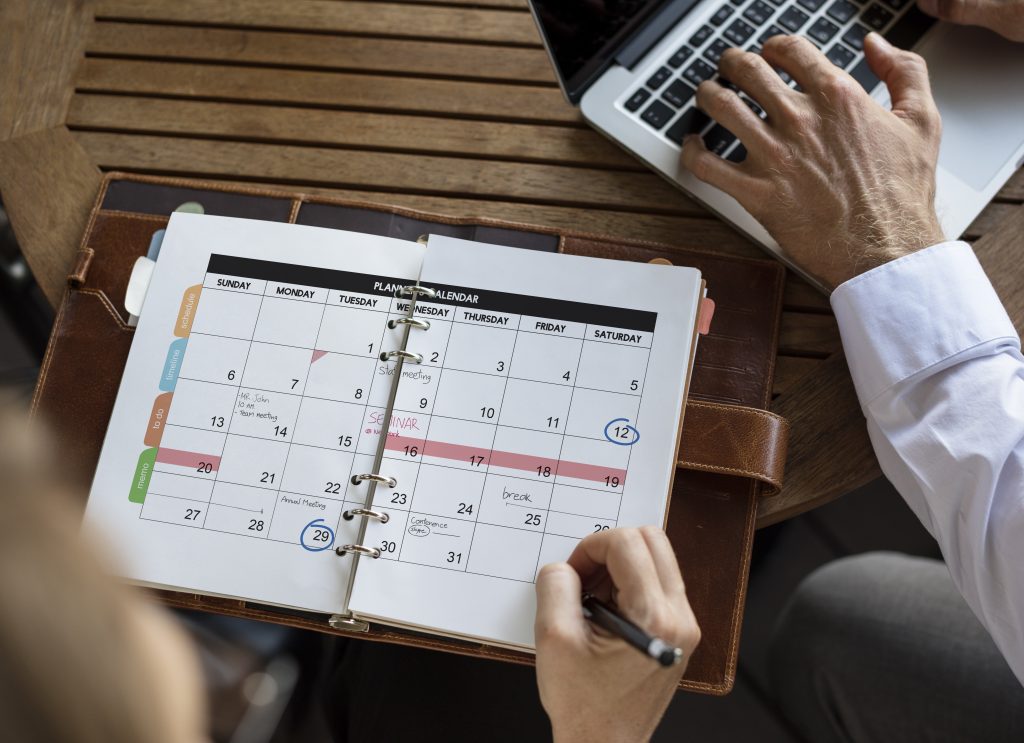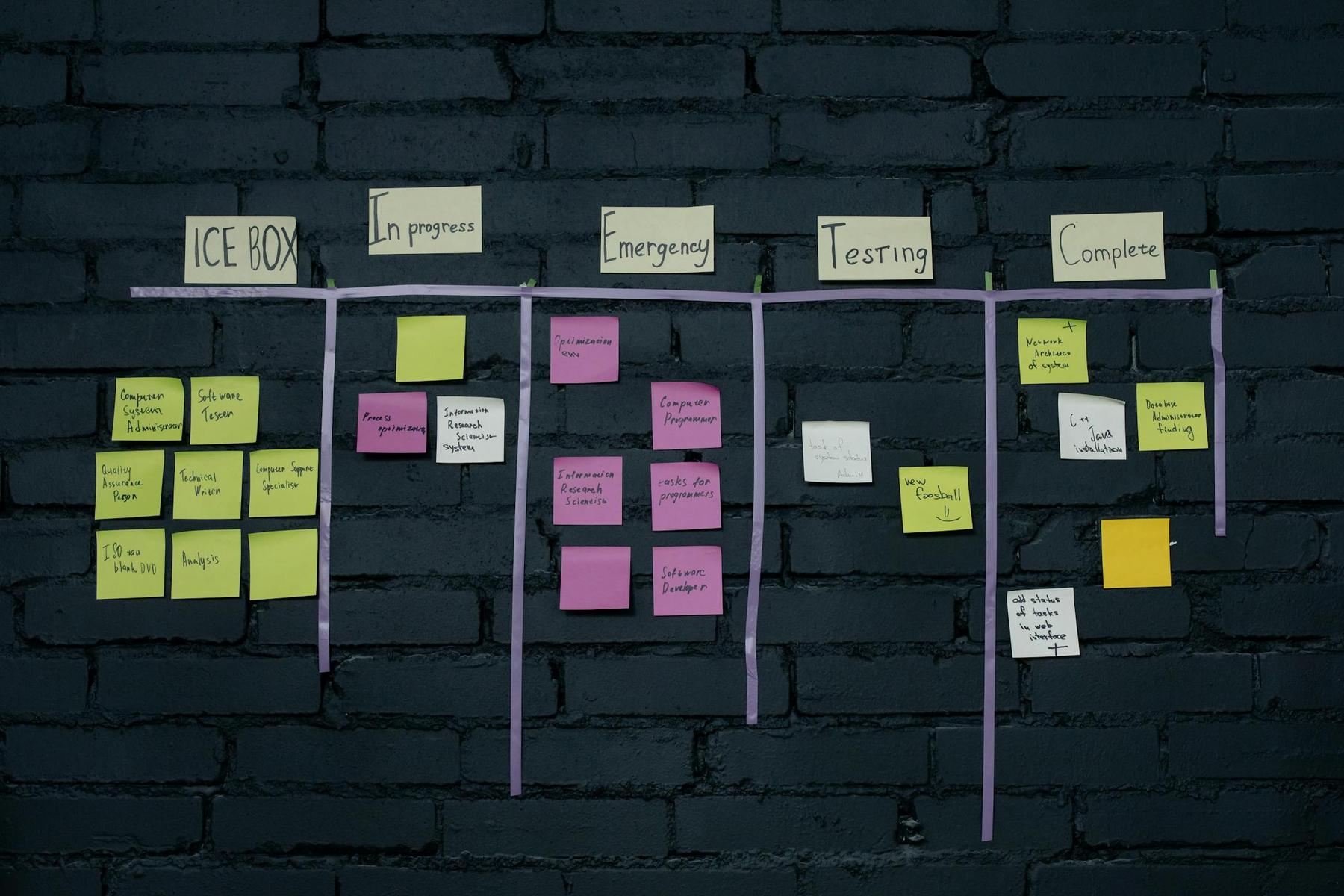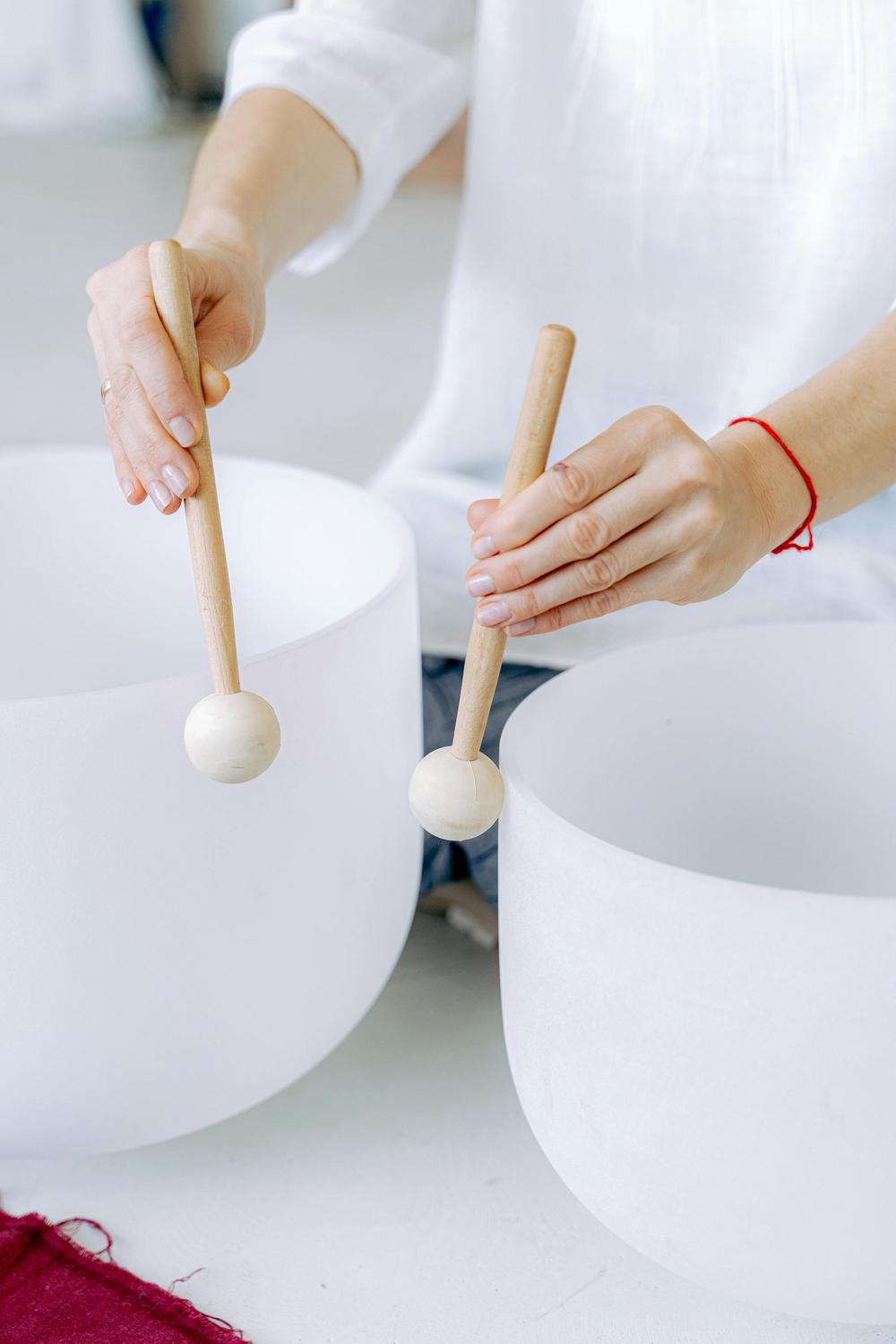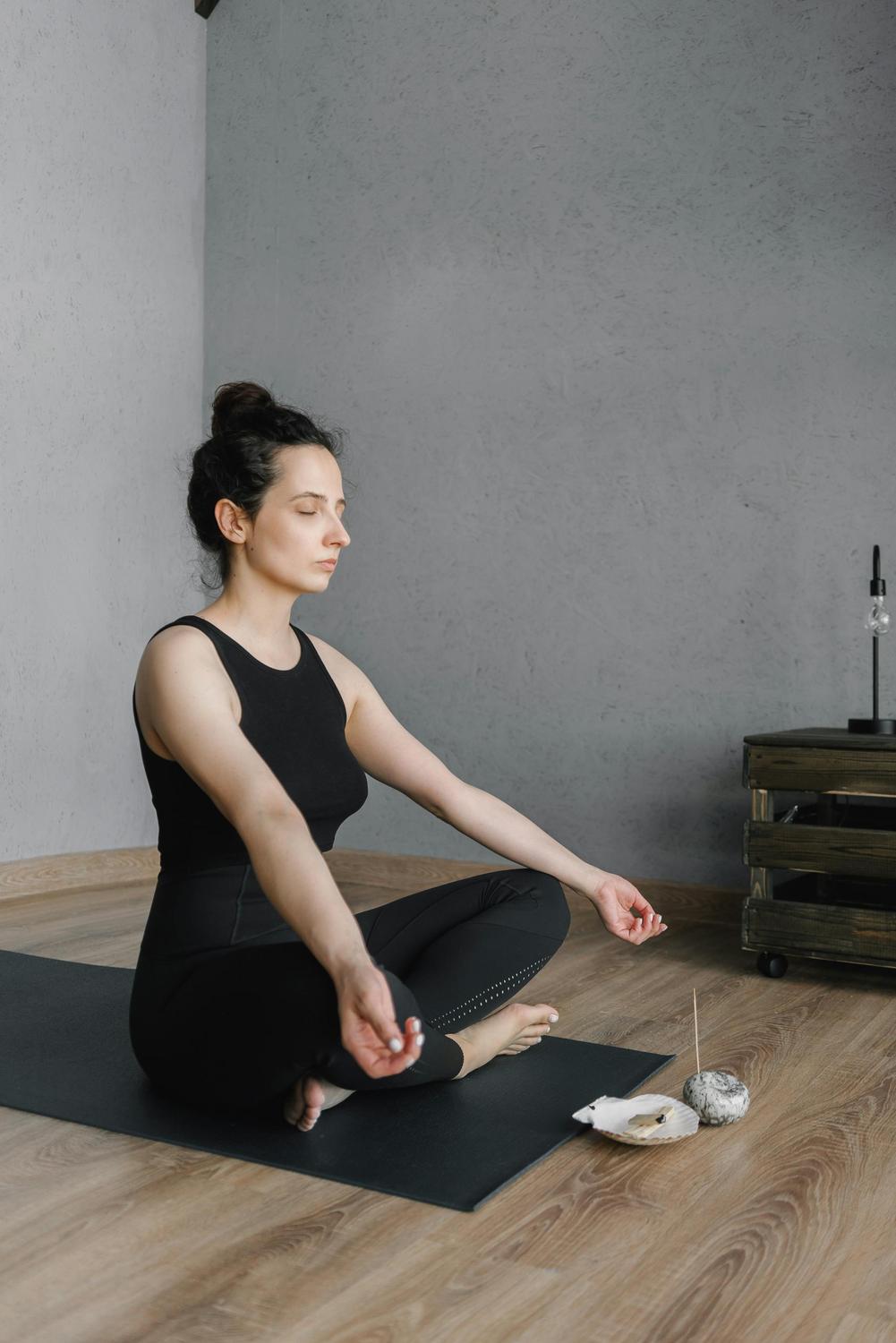Focus and Concentration: Professional Insights for Daily Life
In today’s increasingly complex world, maintaining mental clarity and concentration has become a significant challenge for many Australians. Recent studies indicate that the average person’s attention span has decreased significantly over the past decade due to digital distractions and modern lifestyle factors. Understanding and implementing effective strategies for mental focus isn’t just about productivity – it’s about optimising our overall wellness and quality of life.
Understanding the Science of Focus
Mental clarity and concentration are complex cognitive processes influenced by various neurological and environmental factors. Our ability to maintain focus is directly connected to:
Biological Rhythms
- Natural energy cycles throughout the day
- Hormonal fluctuations
- Sleep-wake patterns
- Metabolic processes
Environmental Influences
- Ambient noise levels
- Light exposure
- Air quality
- Temperature
- Workspace ergonomics
Lifestyle Factors
- Quality of rest
- Nutritional balance
- Physical activity levels
- Stress management
- Social connections

The Four Pillars of Mental Clarity
Research suggests that optimal focus and concentration rest on four fundamental pillars:
1. Physical Wellness
Physical health plays a crucial role in cognitive function:
- Regular cardiovascular activity
- Strength training benefits
- Movement throughout the day
- Proper posture maintenance
- Adequate hydration
- Balanced nutrition
2. Environmental Optimisation
Your surroundings significantly impact mental clarity:
- Organised workspace design
- Natural light exposure
- Proper ventilation
- Noise management
- Temperature control
- Nature elements incorporation
3. Routine Development
Consistent daily practices support cognitive function:
- Regular sleep schedule
- Structured work periods
- Planned breaks
- Morning routines
- Evening wind-down practices
- Weekly planning sessions
4. Mental Conditioning
Regular cognitive exercises can enhance focus:
- Mindfulness practices
- Breathing techniques
- Concentration exercises
- Task prioritisation
- Time management strategies
- Digital wellness habits
Professional Strategies for Enhanced Focus
Evidence-based approaches for maintaining mental clarity throughout the day:

Morning Optimisation
Starting your day effectively sets the foundation for mental clarity:
- Consistent wake time
- Morning light exposure
- Gentle physical activity
- Nutritious breakfast
- Priority planning
- Mindful preparation
Workspace Enhancement
Creating an environment that supports concentration:
- Ergonomic setup
- Natural elements
- Proper lighting
- Minimal distractions
- Regular cleaning
- Air quality management
Time Management Techniques
Structured approaches to maintain focus:
- Time-blocking methods
- Pomodoro technique
- Priority matrices
- Task batching
- Regular breaks
- Progress tracking

Natural Approaches to Supporting Mental Clarity
Several evidence-based natural strategies can help maintain optimal cognitive function:
Physical Activity
Movement patterns that support mental clarity:
- Morning exercise routines
- Regular stretch breaks
- Walking meetings
- Standing work periods
- Evening relaxation movement
- Nature-based activities
Nutritional Considerations
Dietary factors that influence cognitive function:
- Regular meal timing
- Adequate hydration
- Balanced nutrients
- Whole food focus
- Mindful eating practices
- Evening dietary choices
Stress Management
Techniques for maintaining emotional balance:
- Deep breathing exercises
- Progressive relaxation
- Mindful moments
- Nature exposure
- Social connections
- Creative activities
Professional Support Considerations
Understanding when to seek additional guidance is important for optimal wellness:
Signs to Consider Professional Support
- Persistent concentration challenges
- Significant performance changes
- Increased stress levels
- Sleep pattern disruptions
- Energy fluctuations
- Emotional impacts
Benefits of Professional Guidance
Working with healthcare professionals can provide:
- Comprehensive assessment
- Personalised strategies
- Progress monitoring
- Expert support
- Evidence-based approaches
- Ongoing adjustments

Building Long-term Focus Habits
Creating sustainable practices for ongoing mental clarity requires a systematic approach:
1. Assessment and Planning
- Document current patterns
- Identify key challenges
- Set realistic goals
- Create action plans
- Establish metrics
- Regular review schedule
2. Implementation Strategy
- Start with basic changes
- Build gradually
- Monitor results
- Adjust as needed
- Celebrate progress
- Maintain consistency
3. Ongoing Optimisation
- Regular routine review
- Strategy refinement
- Environmental adjustments
- Habit maintenance
- Progress tracking
- Professional check-ins

Looking Forward: Maintaining Mental Clarity
Long-term focus and concentration require ongoing attention and adjustment:
Daily Practices
- Morning routine maintenance
- Regular environment checks
- Movement integration
- Stress management
- Evening wind-down
- Sleep quality focus
Weekly Reviews
- Progress assessment
- Strategy evaluation
- Routine adjustments
- Environment optimisation
- Goal setting
- Planning refinement
Monthly Optimisation
- Comprehensive review
- Long-term planning
- Habit assessment
- Professional consultation
- Strategy updates
- Goal refinement
Conclusion
Maintaining optimal focus and mental clarity is an ongoing process that requires attention to various lifestyle factors. By understanding and implementing these evidence-based strategies, you can work towards creating an environment and routine that supports your cognitive wellness. Remember that individual needs vary, and what works best for one person may not be optimal for another.
Professional Support Options
For those seeking additional guidance, various professional support options are available:
- Healthcare providers
- Wellness specialists
- Environmental experts
- Support groups
- Educational resources
- Online programs
Disclaimer: This information is for general educational purposes only and should not be used as a substitute for professional healthcare advice. Individual needs and circumstances can vary significantly. Always consult with qualified healthcare professionals for personalised advice about your specific situation.













